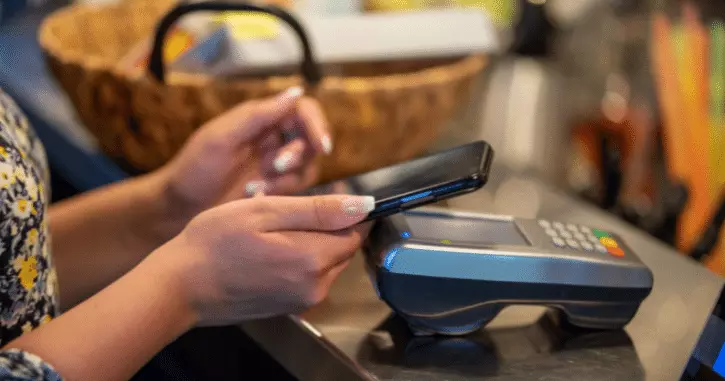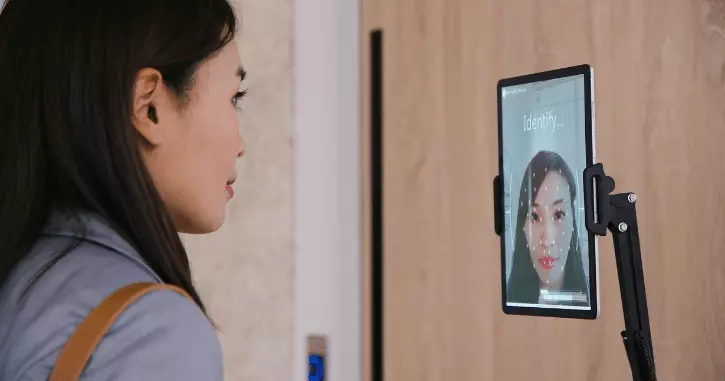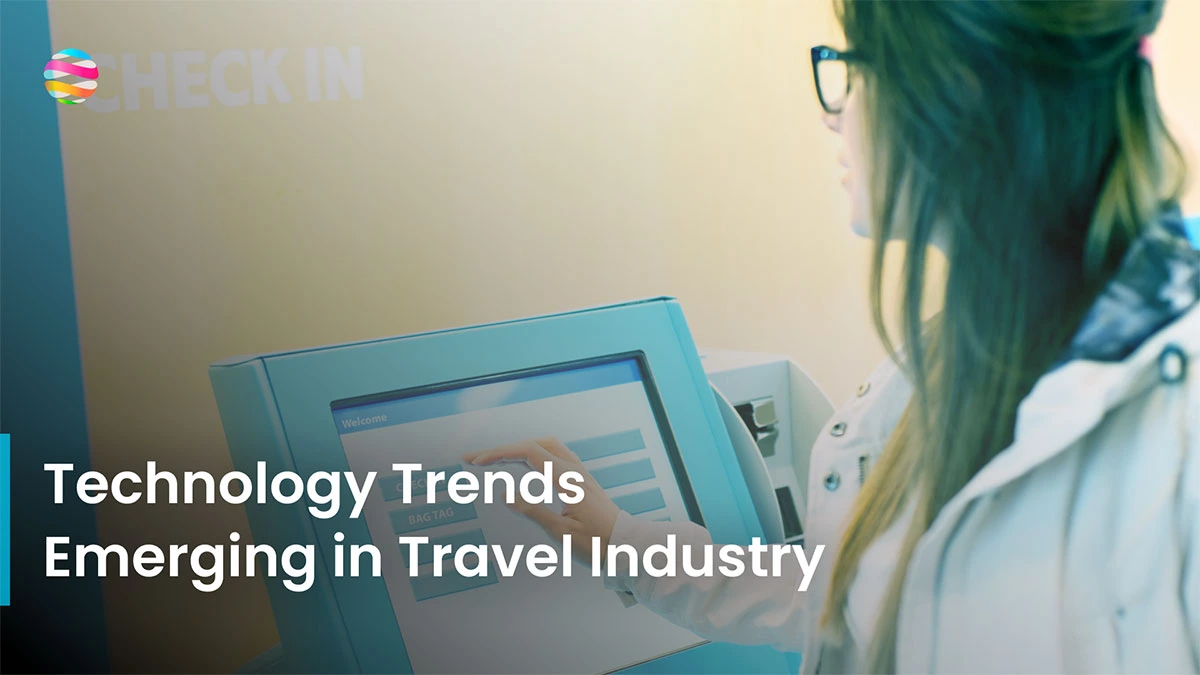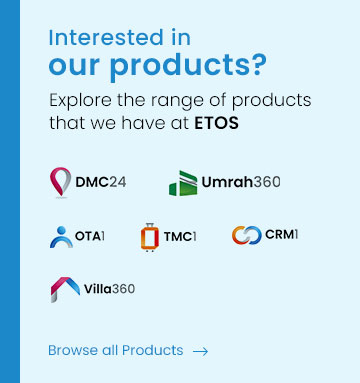Humans have embraced technology to elevate their living experience. Disruptive technologies have changed the way we live, communicate and do business. Customer interface has been redefined by technology.
But how has technology impacted the travel industry?
Customers desire to ensure that they are aware of each aspect of the journey right from the mode of travel to choosing and planning the journey. They wish to know everything. Probably it's not about being in control but the assurance that they are well aware of how the entire journey is planned and how it will proceed.
Customers now prefer finding their own solutions out of challenging situations and the internet along with technologies like AI, VR, and chatbot help them achieve this goal. Now, travellers virtually visit their destination prior to experiencing it with their own eyes.
The travel industry is growing at a faster pace and tour operators, travel agents and travel management companies have chosen to empower their customers with technologies that support their travel experience. Customers have become tech-savvy and expect a more personalized and seamless travel experience.
Immersive technology and big data play a vital role in boosting their business. As a travel software company, ETOS encourages these technologies that give an advanced experience to travellers and every service provider in the travel industry.
What are the emerging technology trends in the travel industry?
Big Data
Big Data has changed business as companies now use it to enhance their service by predicting customer responses. It renders a more personalized experience to customers. Travel companies collect and convert data into information that helps in redefining their offering according to the needs of customers.
They can observe customer behaviour and suggest future travel trips just at the right juncture to attract customers and close the deal. Let’s suppose a traveller visited the Andaman and preferred certain airlines and hotels. This information is used to make suggestions for the next trip making the offering personalized to the preferences of the customer.
Revenue management, online hotel reservation system, history of occupancy rates, and customer feedback helps to anticipate future demand, predict demand and determines the pricing and promotional strategies.
AI Chatbot
A Chabot answers customer queries through live chat and is available 24x7 to the user. It is designed to gather customer information, travel information, hotel preferences, and reviews. It also guides customers in choosing destinations, hotels, airlines or other modes, etc.
Travel agents not only enhance customer experiences through chatbot but also help them filter this information and use it for future interaction with customers.
Mobile technology
Customers use smartphones that are way beyond just communication devices. It’s a travel planner, map, travel guide, restaurant locator, and much more. So mobile technology is now a part of the travel business.
Apps
Customers book and check flight status through apps. Even the boarding pass can be accessed through apps. Hotels offer digital room keys using an app.
Virtual queues
Travellers need not physically wait at a counter. One can join the queue by scanning the QR code with their smartphone at a store. They receive a text message when it’s their turn to enter a store.
QR codes to access menus
At restaurants, QR codes are used to access virtual menus while dining. Physical menus are not needed anymore. This has probably become more evident and popular during the pandemic.
Contactless payment methods

In the travel industry contactless payment has become increasingly popular. You don’t need a physical card or cash exchanges. Instead of swiping the card, the credit card or smartphone is held near the card reader. It's so true that ‘Necessity is the mother of invention’. During the pandemic, people preferred contactless payments and now it has become a way of life for many.
Internet of things
Let’s suppose you enter a hotel room and wish to switch on the lights and adjust the temperature in the room. The IoT technology helps you control the curtains, lights and temperature as well. You can sync the wake-up call with turning on & off of lights. Thus, you don’t have to physically move around to do all these activities.
Sensors are used to send information to passengers’ phones and alert them when the baggage is near and allowing them to receive their baggage faster.
Virtual tours
Before booking your ticket, you can get a 360-degree virtual view of the hotel room and this glimpse helps to choose the hotel you wish to stay in during your trip. Various destinations also can be viewed in this manner to get a feel of the place. You can experience far away locations from the comfort of your home.
This impacts the customer’s decision-making. This kind of immersion technology facilitates and gives a competitive edge to tour operators, destination management companies, online travel agents, and others.
3D WalkAround Tour facility by ETOS is made available to hotels to create a more immersive and captivating experience in their space.
Recognition Technology
Let’s suppose you’ve lost your keys. Well, you don’t need to worry at all as these days, keys aren’t used by hotel owners. Recognition technology has replaced keys. This includes finger recognition, retina scanning, facial recognition, etc.

Biometric identifiers are now introduced in hotels. Facial recognition is probably the most personalized service available today in the travel industry. It also provides higher security to every traveller.
Robots and voice technology
Hotel rooms are now voice-activated so that travellers can check the traffic or even the weather for the days to come. They can also learn about the menus and other available facilities in the hotel. AI Robots are now disrupting the travel industry as well.
Initially, robots were used in the manufacturing industry but now the experience is being leveraged by the travel industry as well. Guests can use the AI-powered concierge to get their queries answered. Robots also extend room service. Airports are using different types of robots for using luggage trolleys, cleaning or answering passenger queries about flight timings and departures.
ETOS offers travel management software that makes data available to tour operators, destination management companies and tour management companies to decipher customer needs and expectations. Also, it's a multi-model solution that covers all the needs of a travel agency irrespective of its size of business.
Travel is all about creating wonderful memories and the future of travel is in embracing technology so, let’s not ignore it.












